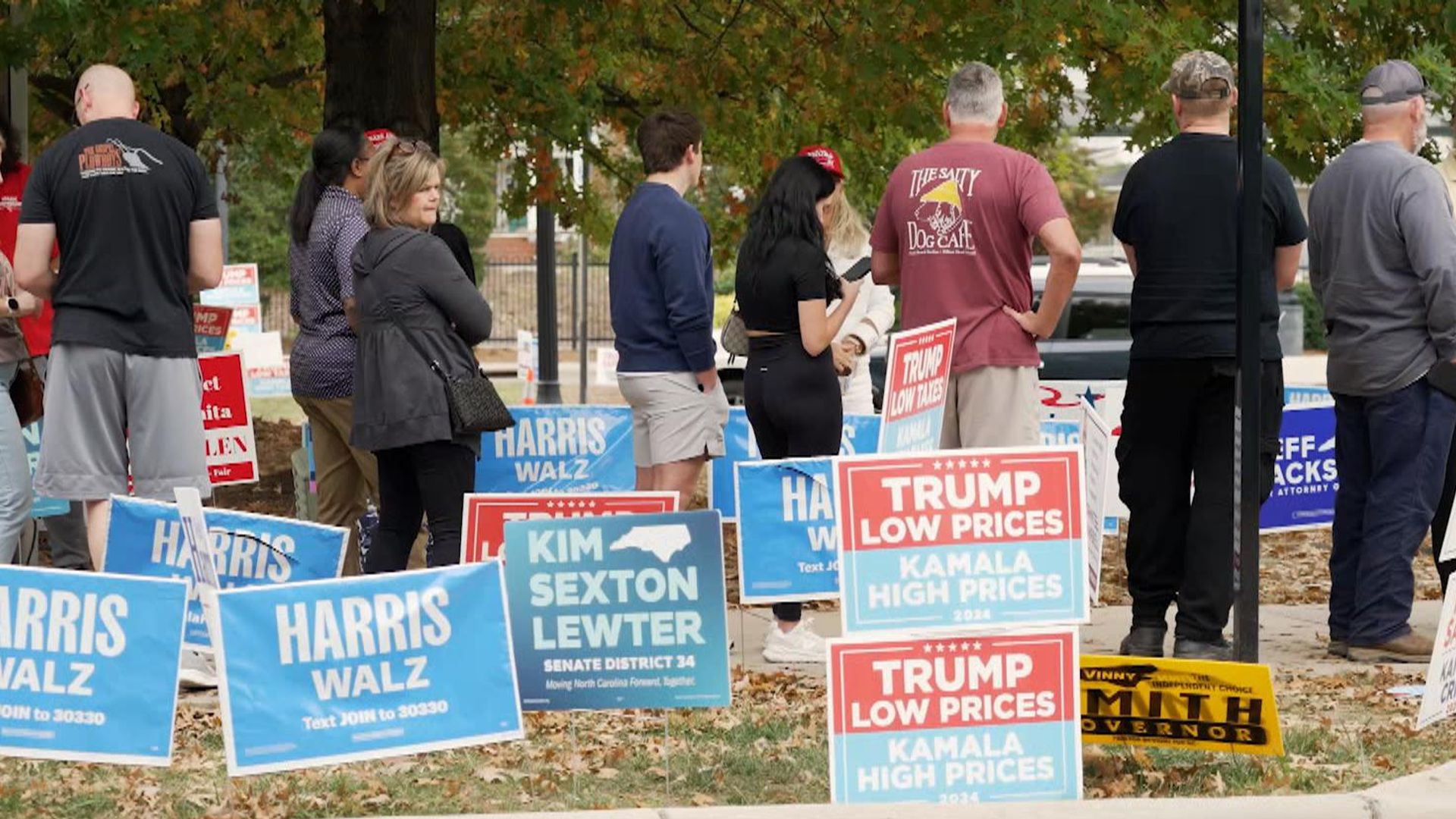
The BDN Opinion section operates independently and does not set newsroom policies or contribute to reporting or editing articles elsewhere in the newspaper or on bangordailynews.com.
Michael Reisch has conducted and consulted on political campaigns at the local, state, and national level and written and taught about politics and social action at six major universities. He wrote this column for The Baltimore Sun.
The media frequently justify their election coverage with claims that a vital democracy needs a well-informed public. Unfortunately, their coverage often repeats long-standing myths about politics that undermine this worthwhile goal.
Here are 10 of the most glaring election myths:
1. Candidate quality counts most with voters. In this age of celebrity, name recognition rather than substantive accomplishment matters. There is no other explanation for the electoral success of Donald Trump, the candidacies of Kari Lake, J.D. Vance and Mehmet Oz, and the contemplation of future candidacies by Kanye West and Dwayne Johnson. Many voters embrace celebrity to acquire vicarious status or because a celebrity voices their long-held beliefs.
2. Voters prefer candidates who display bipartisanship. Prospective voters often express chagrin about politicians’ failure to “just get along.” Yet, they largely vote for candidates in primary elections who reflect the most polarized positions. Candidates respond accordingly, even after they win.
3. Voters prefer positive messages from candidates. Voters also frequently bemoan attack ads that combine half-truths about opponents with scary images and ominous music. Studies reveal, however, that most voters respond more to negative ads than positive ones.
4. Voters pay attention to candidates’ records on the issues. Candidates’ websites post detailed positions on a wide range of issues, but scant evidence exists that voters examine these websites carefully. In fact, voters hardly notice shifts in candidates’ positions except on the few issues they already cared about.
5. Voters care about the future. Some candidates address long-term problems, such as the national debt, the fate of Social Security and Medicare, and the future of the Earth. Voters focus on short-term concerns, however, like gasoline prices or entrenched issues like abortion. To some extent, this reflects how the media cover the issues.
6. Voters assess candidates using similar criteria. Although they claim to prefer candidates whose moral rectitude reflects a commitment to “family values,” voters all over the political spectrum are remarkably forgiving of their preferred candidates even when they violate these norms. For example, feminists supported Bill Clinton; evangelicals still back Donald Trump. Less popular politicians, however, often suffer the voters’ wrath for less egregious transgressions.
7. Voters who identify as independent are better informed and less partisan. Given the increasing importance of primaries in determining who ultimately wins political office, declaring oneself an “independent” is increasingly no more than a form of virtue signaling. States without “open primaries” render independents politically irrelevant, yet both parties moderate previous positions to attract their votes. Independents are just as partisan as other voters. They only differ in the combination of issues about which they are partisan.
8. There is such a thing as the women’s vote, the Black vote, the Jewish vote, etc. The media frequently report how a particular group’s votes will split among candidates, and pay inordinate attention to perceived shifts in these blocs’ voting patterns. Following an election, they twist themselves into analytic pretzels explaining why so many women voted for Donald Trump; non-college educated white men voted for Barack Obama, but not Hillary Clinton; and why Latinos embrace conservative positions on abortion and immigration. The myth that identity equates with ideology has been disproved so often it is no longer a surprise.
9. Debates influence election outcomes. Since the Kennedy-Nixon debates, the assumption that these events influence the outcome of close elections remains a sacred truth of American politics. Campaigns spend considerable time rehearsing rhetorical zingers for their candidate to inject at an opportune moment. In some cases, they deliberately set the bar so low for their candidate that anything short of incoherence is a “victory” (see Herschel Walker). Debates, however, now have less impact on elections than viewers do on “Dancing with the Stars,” especially when they occur after early voting begins.
10. Not voting sends a powerful political message. Deliberately choosing not to vote out of apathy, cynicism or the belief that voting makes no difference is just another version of virtue signaling. It is particularly tragic that groups most likely not to vote — people who are young, lower income, and less educated — are those most affected by election outcomes. Although some campaigns engage in registration and “get out the vote” efforts, they largely target likely voters and tailor their messages accordingly.








